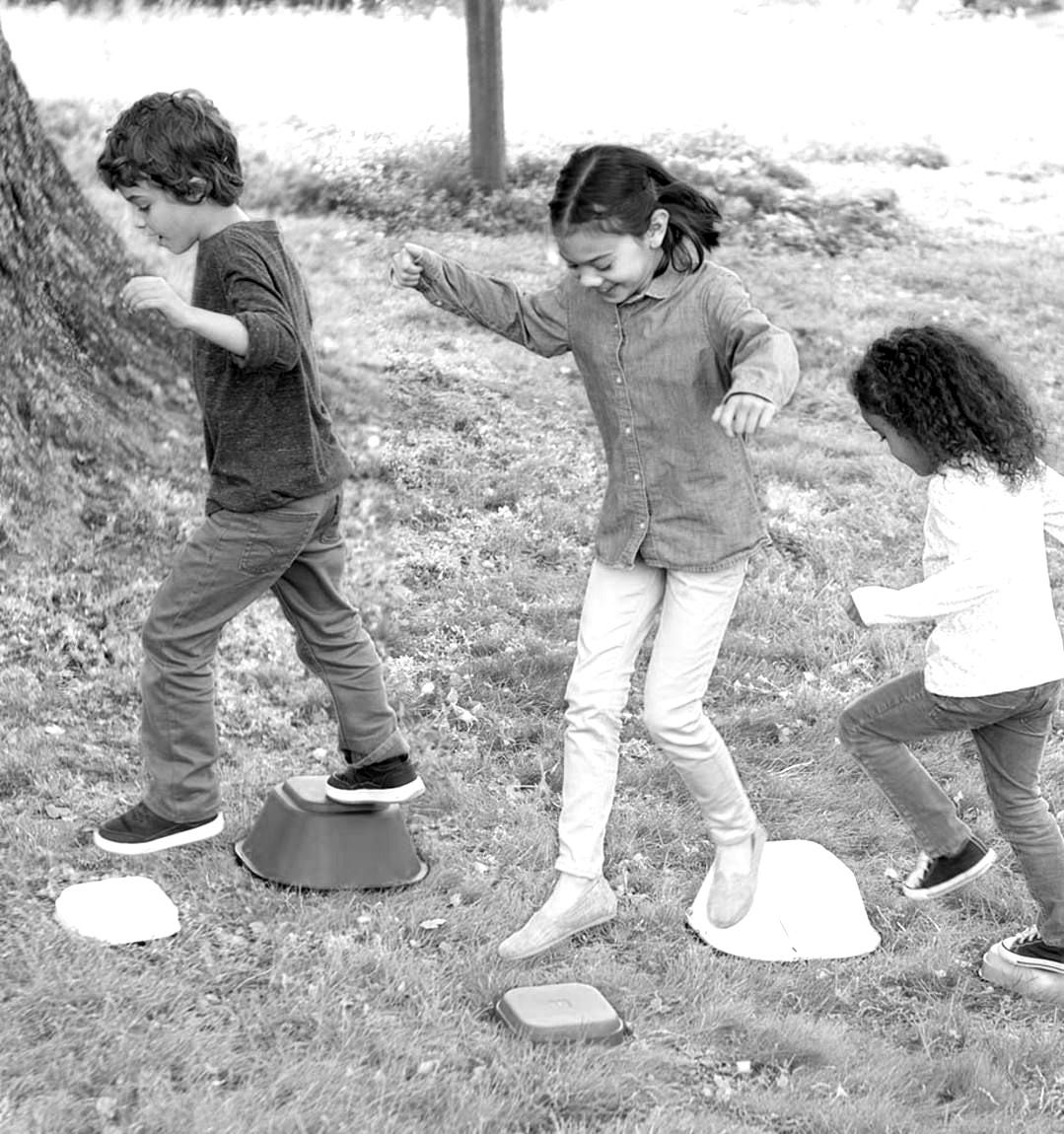AI stepping stones
How might professional knowledge workers turn incremental gains into transformation
Last week, a client raised a key frustration:
"We've got all these AI copilot options to make our work a bit faster. But we're still doing the same things. only... quicker."
It hit home. There's a world of difference between doing things better and doing different things.
Take the traditional approach to qualitative analysis. Run interviews <-> Read files <-> Spot patterns -> Interpret meaning -> Write down insights.
AI tools can help you do this faster - transcribe, spot patterns, and summarise. If you have the time, curiosity, and expertise to ask better questions… they can even be a sparring partner.
But these are still just incremental uplifts.
Which is okay.
But, the transformative question is: "How might we fundamentally reimagine [discovery] work?"
Instead of:
Reviewing one interview at a time,
What if AI analysed and compared patterns across all interviews?
What if it surfaced an interviewee's themes/ contradictions in real-time?
Working with static insights,
What if our analysis evolved as new data lands? Reliably automated.
Limiting unstructured survey questions,
What if AI allowed us to analyse responses from far larger audiences? while mitigating interpretation bias and cognitive burnout
What if our survey was AI-driven adaptative? Analysing responses and generating dynamic follow-ups in real-time?
Limiting ourselves to one analytical framework,
What if we could instantly view our data through multiple lenses? e.g., ‘six-hats’,
The difference is stark.
One path makes your existing process more efficient and is enough for most.
The other path creates possibilities that didn't exist before.
Enabling transformation in complex systems
It shouldn't be about choosing between incremental and transformative change. That's too simplistic. It should be about understanding how they work together in complex systems.
Transforming work through AI technologies isn't about starting with the perfect idea. Or plan.
It's about navigating a landscape where what you don't know vastly outweighs what you do. Or thought you knew. It's about accepting that success depends on interlinked factors (not the least, timing). And that early choices anchor you to a path (with downstream implications).
This is what we have all spent years of our life doing.
Over ~20 years, every consulting project I did began with an idea and a plan. Every one of them involved pivots and refinements. Some less so (risk assurance). But whether it was because of missing data, awkward stakeholders, changing priorities, etc.
Our skill was using what we had* to learn and progress towards a good outcome, within the time and setting we had.
*curiosity, sensitivity, learning mindset, experience, network, grit, wit, and charisma.
Macgvyering once-off solutions to immediate problems.
The ask here is to limit the throw-aways.
To aim to learn at each step, and to apply the insights in the next hypothesis. Test and refine. So you don't plateau at an incremental tool. But that you use it to challenge yourself and your team/colleagues on to 'What If?' and 'What next?'
For example, if you use AI to transcribe client interviews, your journey might look like this:
Start with simple transcription and generating automated interview summaries
Learn that analysis of the transcript reveals far more than you recalled/ noted
Learn that horizontal analysis across interviews reveals startling themes/peculiarities
Learn that adding other sources of qualitative data changes how teams conduct interviews
Discover that continuous analysis reveals patterns you never thought to look for
Realise your entire approach to client discovery needs rethinking
The transformed service you end up with might look very different from your first idea. That's exactly the point.
No amount of upfront analysis can predict how changes will reshape your work. People are unpredictable. Situations change. The usability of great ideas isn't there (at first).
The challenge is how you put together and enable a team to mold ideas in response to reality. A team of both hedgehogs (focused specialists) and foxes (versatile generalists) working together. Even with a partner (#Discy).
A team who can react to feedback, and make crucial pivots in how they use/apply the technology in your setting.
#Productised Macgyvering.
The Real Opportunity
The winners won't be those who just bolt AI onto existing processes.
They'll be those who use today's tools as a stepping stone. One that might lead somewhere unexpected but valuable.
In the consulting context, the real opportunity isn't to do consulting work faster. It's to do what wasn't possible before.
As always, would love to hear your thoughts. How is your company enabling people to pursue transformative change with AI?




